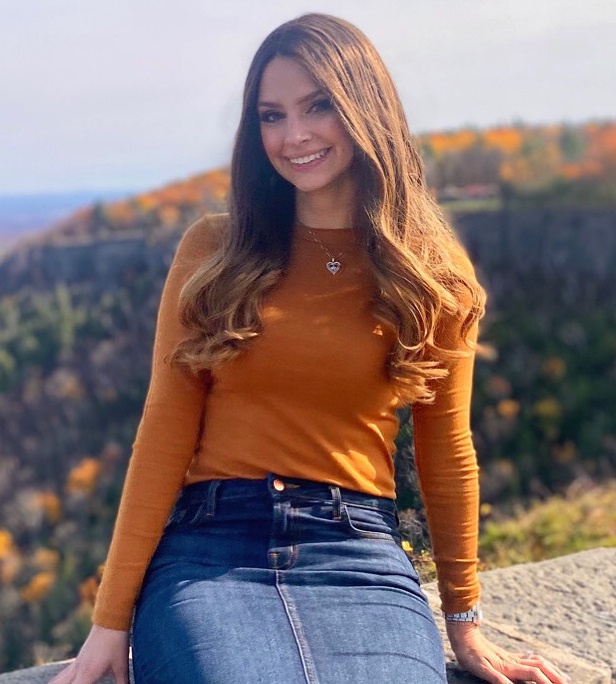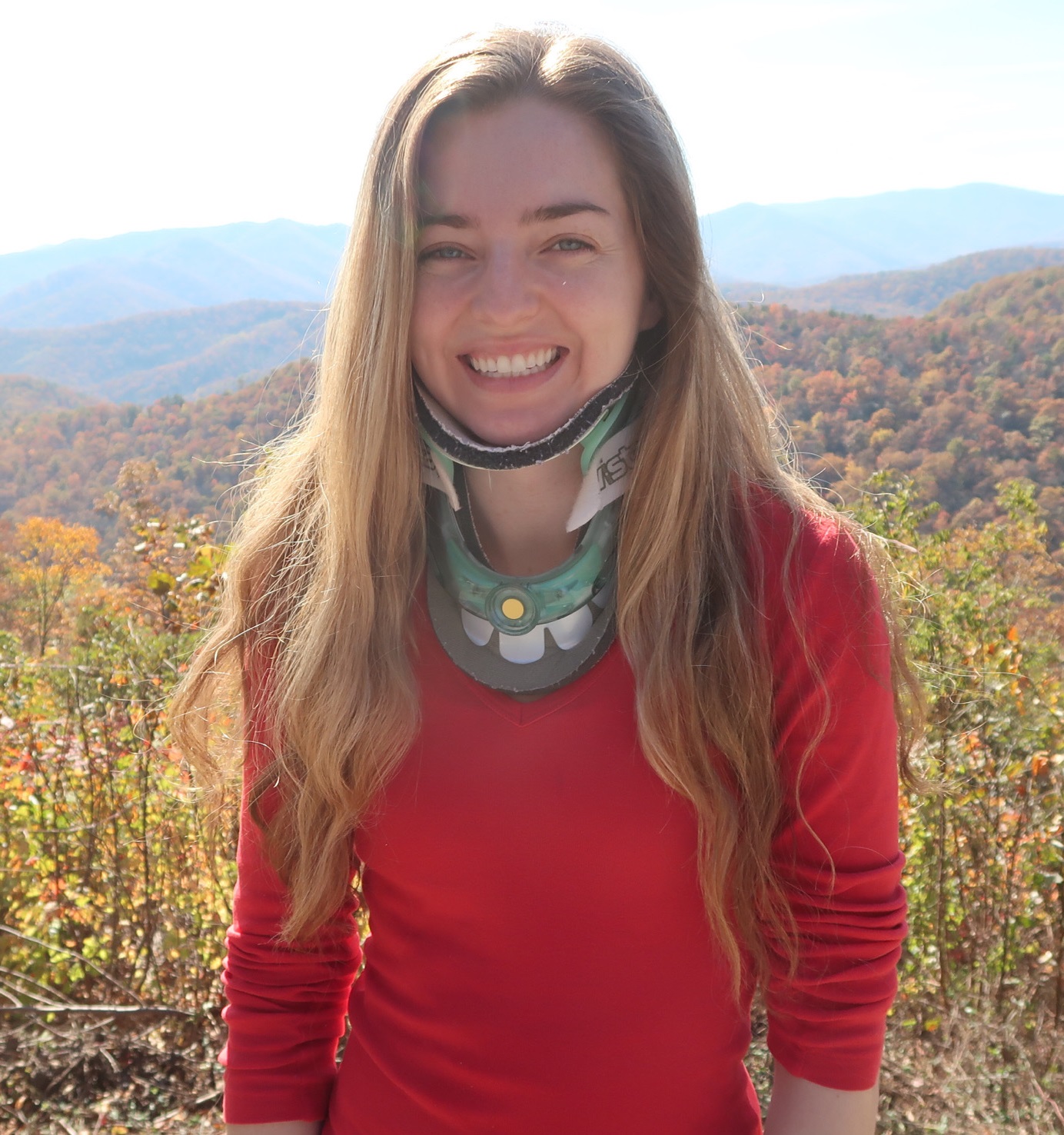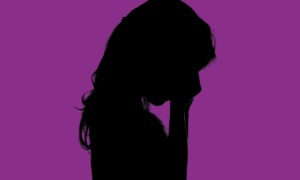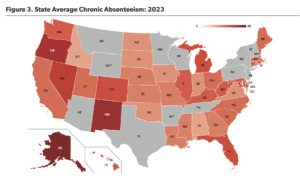 ANDRII MEDVEDNIKOV/SHUTTERSTOCK
ANDRII MEDVEDNIKOV/SHUTTERSTOCK
Right around the winter holidays a year ago, we first heard the news of the coronavirus as it appeared in Wuhan, China. It wasn’t long before it started spreading to other countries, and eventually made its way to the U.S. Now, as the number of cases in this country are spiking again, I wanted to know how young people with disabilities will be celebrating, given the fact that we must still be cautious and isolate when possible.
I spoke with Rebecca Barnett, a 24-year-old who lives in San Diego. Barnett lives with several conditions, including postural orthostatic tachycardia syndrome, which affects the autonomic (involuntary) nervous system; gastroparesis, which prevents proper stomach emptying; chronic migraines, and chronic Lyme disease, from which she is recovering. Since 2012, she has shared her chronic illness journey on social media and connects with people who have a dysfunction of the autonomic nervous system and chronic Lyme disease in order to help them understand their diagnoses.

Rebecca Barnett
Asked how she would be spending the holidays this year, she said, “This year, I will celebrate the holidays with my household. We’ll see our long-distance family via video chat. I’ll celebrate all the holiday traditions with even more happiness. I’ll decorate with more than I normally would. For my friends and family, I’ll send out cards, have Zoom baking sessions and light Chanukah candles together.”
Many Americans will likely be meeting with family and friends through video calls or virtual conferencing. Although we are used to being among our loved ones during the holidays, COVID-19 experts are suggesting gatherings of no more than 10 people per household. They believe this is the best way to keep the virus from spreading to too many people.
Rachael Green is 25 and lives in Raleigh, North Carolina. She has two chronic illnesses — Ehlers-Danlos syndrome, which affects the skin, joints and blood vessels, and chronic Lyme disease. She has an Instagram page and a YouTube channel where she shares her story about chronic illness. She also makes handmade items and gifts for people with chronic illness or disabilities and sells them on Etsy.

Rachael Green
Although COVID-19 is still a factor, the holidays won’t be much different this year for her.
“This year, the holidays will be very small family gatherings at home. Not too different from what we usually do, just with some extra precautions,” she said.
Green feels, “For some of us that are chronically ill, not much about our lives have changed due to COVID-19. Many of us already have to miss out on outings, vacations and parties, so we know how to handle isolation well. In relation to our health care, some of us had major surgeries, treatments, and appointments delayed due to COVID-19. And many of us are considered high risk for COVID-19 due to immunosuppression.”
Barnett agrees that “When you have a disability, it can already leave you feeling isolated. Pain and fatigue are draining and restrict what you can do. Usually, if you are having a ‘better symptom day,’ you want to get out and do more than you normally would. That could be seeing friends, grabbing lunch or going to see a movie. COVID-19 risks and lockdowns have taken most of that away. I believe [it’s] led to increased mental struggles. It has contributed to depression and anxiety. These are often already comorbid with physical disabilities.”
As we move into the holiday season we have to keep in mind that this year is different from any other in recent history. Although we are allowed to gather in small groups, we still need to be very careful and abide by the suggested guidelines. That being said, I hope everyone has a happy and safe holiday season as we have so much more to be thankful for this year.

Deandra Mouzon
Deandra Mouzon is a Georgia-based journalist who received a B.A. in journalism from CUNY’s York College. Currently she is working on a publication about youth with disabilities.































